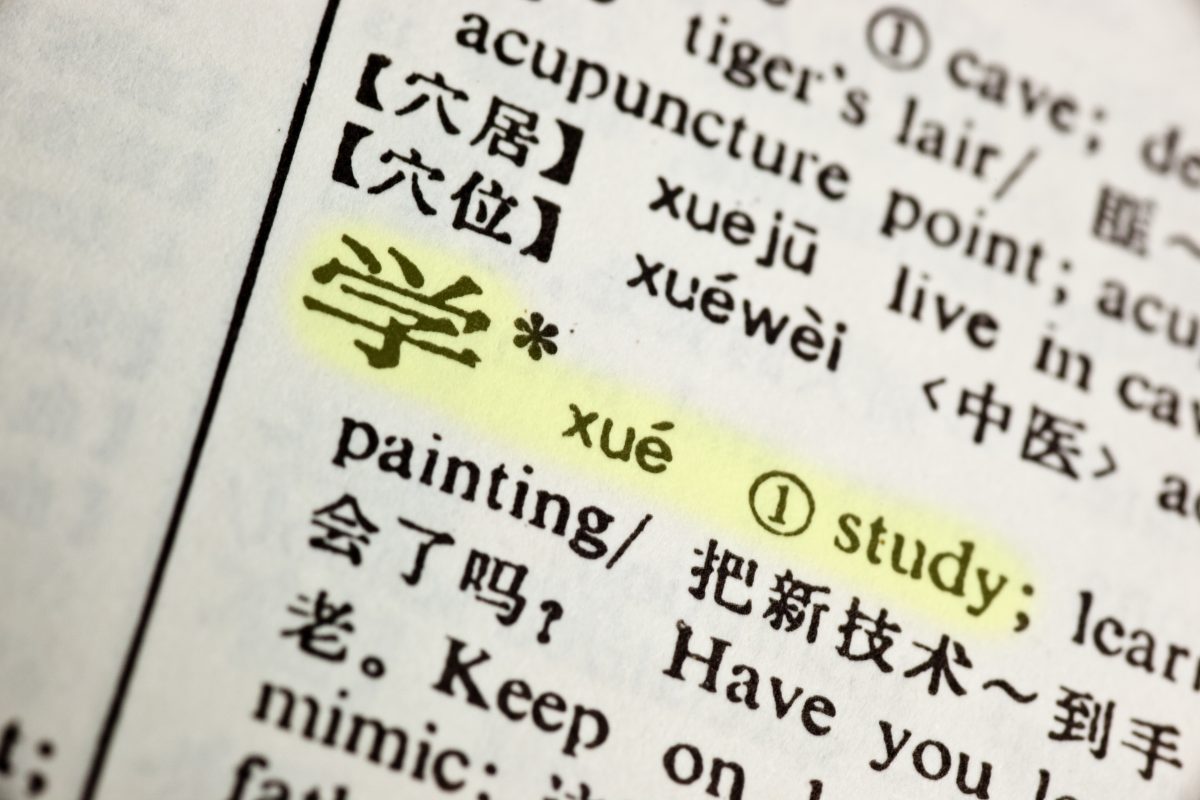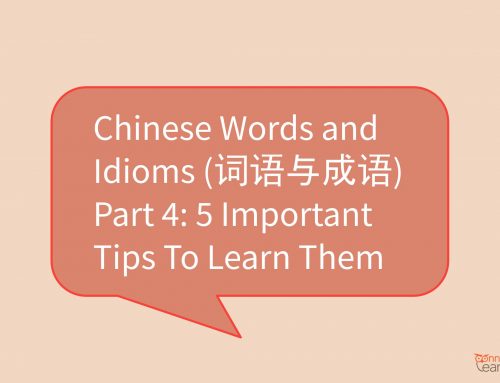Read your kid’s writing and can’t put your finger on what doesn’t seem right? It could be a case of sentence structure gone wrong. When sentence structure gets out of whack, the messages that they’d like to communicate may be inaccurate. A learner of Chinese, blogger Robert Bailey suggests mastering sentence structure than Chinese tones when speaking because context can compensate for tone errors.
Some kids may speak the language quite fluently, but when it comes to writing they’re at a loss for words. Well, that’s because speaking is natural while reading and writing are not. Writing is completely different from making a speech. The latter is much more casual, and sentences can come out right even if certain words are omitted or if the rules of grammar are not firmly followed.
To form intelligible sentences in writing, your kid will need to be quite familiar with the following basic grammar rules.
Rule #1 Chinese is made up of grammar
One of the many misconceptions about Chinese grammar is that there is none. At the very least, Chinese has a basic sentence structure as English: subject-verb or subject-verb-object.
Examples of subject + verb sentence structure:
你们 + 去。
You guys go.
他 + 吃。
He eats.
你 + 说。
You speak.
Subject + Verb + Object
他们 + 吃 + 饭。
They ate rice.
家长们 + 喝 + 茶。
The parents drink tea.
小孩儿们 + 去 + 学校。
The kids go to school.
Rule #2 Modifiers comes before the thing they modify
Let’s first check out the definition of “modifier”.
The definition:
A word, especially an adjective or noun used attributively, that restricts or adds to the sense of a head noun or verb.
Some examples of this grammar rule:
赵先生的车子。(Noun + 的 + noun)
Mr. Zhao’s car.
小军不喜欢甜的食物。(Adjective + 的 + noun)
Xiaojun doesn’t like sweet food.
林医生专注地开车。(Adverb + 地 + verb)
Dr. Lin drives intently.
The rules are easy: adjectives should be placed before the nouns they modify, and adverbs should be placed before the verbs they modify.
Rule #3 Time comes at the beginning of a sentence
In Chinese, the placement of time words appears at the beginning of a sentence, which at times is seen in English too, such as:
Every Sunday John visits the park with his family.
Let’s see another standard example of time placement in English, this time at the end of the sentence:
They play handball in the gym every Monday.
In Chinese, you’ll get:
每逢星期一,他们在体育馆内打球。
The placement of time usually comes right after the subject. Sometimes, you’ll notice that they’re placed before the subject, but again, you’ll never see them at the end of the sentence.
Examples of Subject + Time + Verb:
我 + 每天 + 吃饭。
他 + 今天 + 上班。
你 + 星期二 + 来。
Rule #4 Place comes after time
To form a logical sentence that constitutes both place and time, you’d want it to go:
Subject + Time + Place + Verb
我 + 小时候 + 在新加坡 + 上学。
他们 + 星期六 + 在家 + 吃宵夜。
她 + 90年代 + 去英国 + 留学。
In English, when place and time co-exist in a sentence, it comes after the verb. If your child is accustomed to the English grammar, it may take them some time to get used to this.
Rule #5 Time and duration is entirely different
It may be confusing to differentiate between time and duration in Chinese. Let’s use some examples to properly communicate the differences.
| Time | Duration |
| 去年 | 三年 |
| 上个星期 | 三个月 |
| 五月份 | 二十个小时 |
Hence, if you’d like to make a sentence with time and duration, it’d be:
他 + 五月份 + 在家里 + 呆了 + 二十个小时。
我 + 去年 + 在美国 + 住了 + 三个月。
他们 + 上星期 + 决定回家 + 三年。
Rule #6 Placement of adverbs of manner in a sentence
The adverbs of manner suggest the way something is done, like HOW you do something. It describes how and in what way the action of a verb is carried out. Some examples would be lively 有活力地, flamboyantly 炫耀地, quickly 快速地, angrily 生气地, etc.
If you’d like to capture readers’ attention, place the adverb of manner before both the verb and/or object, such as:
Subject + Adverbs of manner + Verb
我 + 高兴地 + 笑了。
他 + 满意地 + 走了。
You may not want to add adverbs of manner to every sentence as too many of them can make the entire passage overly adorned.
Bonus:
Hi there! As we’ve mentioned, spoken Chinese is different from written Chinese. The following words can be used interchangeably whether for speaking or writing.
| Spoken (口语) | Pinyin | Written (书面语) | Pinyin | Meaning |
| 买 | mǎi | 购买 | gòumǎi | Buy |
| 看 | kàn | 观看 | guānkàn | Look at |
| 脏 | zàng | 肮脏 | āng zāng | Dirty |
| 好 | hǎo | 美好 | měihǎo | Beautiful; great |
| 小气 | xiǎoqì | 吝啬 | lìnsè | Stingy |
| 吓唬 | xiàhu | 恐吓 | kǒnghè | Frighten; intimidate |
| 吃醋 | chīcù | 嫉妒 | jídù | Jealous |
| 真 | zhēn | 特别 | tèbié | Very; especially |
| 弄 | nòng | 做 | zuò | To deal with something |
| 给 | gěi | 给予 | jǐyǔ | To give |
| 嫌 | xián | 嫌弃 | xiánqì | Despise |
Some written and spoken examples in Chinese:
| Spoken | Written |
| 大卫的人真好。 | 大卫的性格特别好。 |
| 当我伤心时,她会给我安慰。 | 当我伤心时,她会给予我安慰。 |
| 嫌他的妻子太小气了。 | 嫌弃他的妻子十分吝啬。 |
The key to forming logical sentences in Chinese? Building a great Chinese language foundation. See how much fun your kid will have when you sign them up with our free trial lesson!







